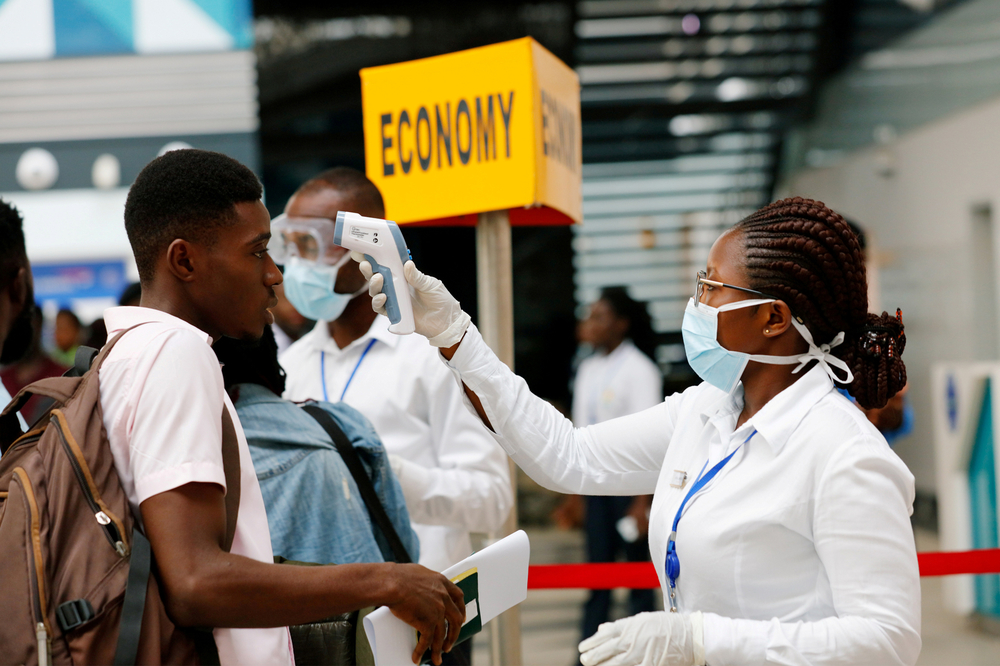The COVID-19 pandemic is a phenomenon that has had extensive and wide repercussions across the world. It has resulted in a dramatic shift in how people live and operate at work and at home. The global measures put in place to curb the spread of the pandemic have been focused mostly on initiating nationwide lockdowns, quarantines, social distancing, sanitization and use of personal protective equipment (PPE), and sensitizing communities about COVID-19. The response by governments to the new coronavirus pandemic is disrupting the operations of business and civil society globally. Lockdowns and physical distancing measures are confining people to their homes and restricting their ability to meet, organize, trade, advocate, and socialise.
Zimbabwe has not been spared from the global pandemic. As of end of July 2020 there were 3 169 infections out of the 131 035 tests. 1 004 had recovered and 67 people had succumbed (Ministry of Health and Child Care, 31 July 20201). The Government of Zimbabwe (GoZ) introduced the lockdown on the 30th of March 2020. During the lockdown the public were discouraged from unnecessary travel, non-essential sectors were closed down and individuals in those sectors have had to remain at home or work from home; public gatherings of more than 50 people have been banned and inter-city travel has been banned. In addition, government has limited the provision of public transport within urban areas to the state-owned Zimbabwe United Passenger Company (ZUPCO). Other players in the sector can only transport the public if they fall under ZUPCOs programme. It has been 155 days2 since the lockdown was announced.
The public discussions have mostly focused on the health dimensions of the pandemic. The pandemic has a broader negative impact on livelihoods. Various studies have in the past demonstrated the resilience that community-based foundations help create in terms of the solidarity and social capital that they engender. There is an urgent task to understand how these formations have been affected by COVID-19 and especially the lockdown measures introduced by government.
The findings of this report are based on responses received from 17 organisations that can be identified as either a Community Based Organisation (CBO) or a Community Foundation. The aim of the survey was to understand the impact of COVID-19 on these organisations’ operations and finances as well as to assess the extent to which these organisations had made contingency plans during the national lockdown. The survey also sought to understand whether organisations under study had started any or joined any initiatives in response to the COVID-19 pandemic.


